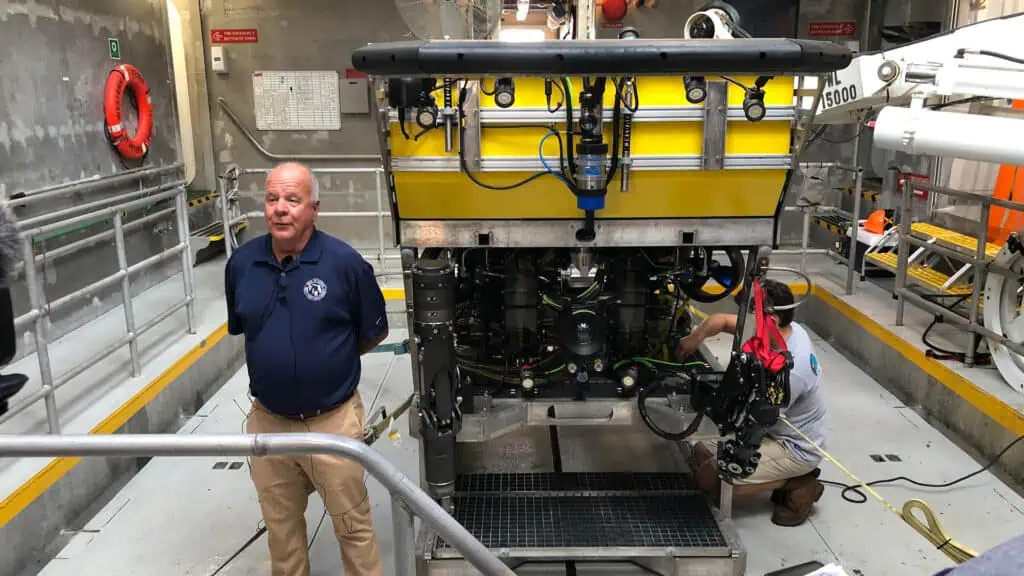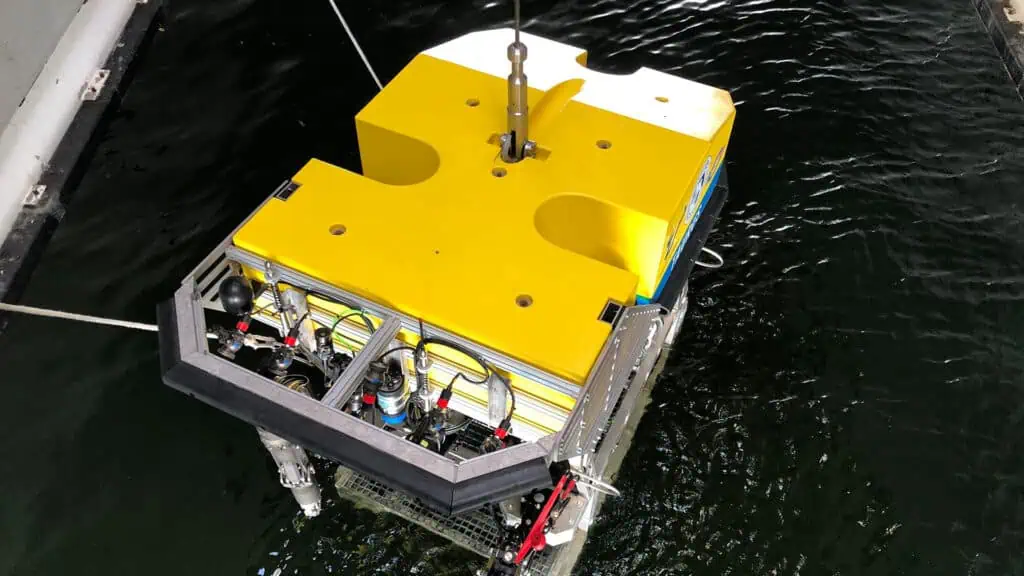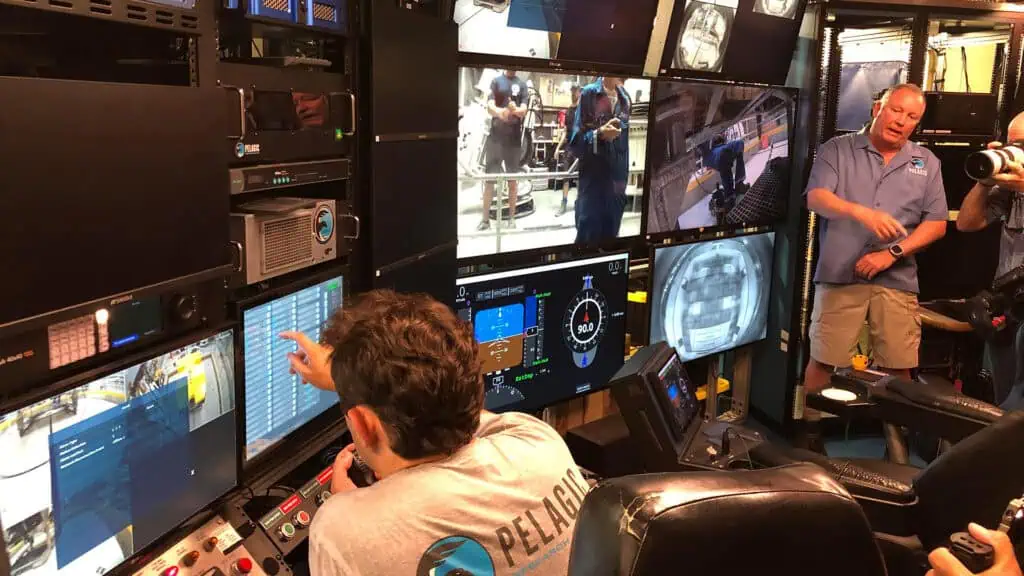Researchers at the University of South Florida (USF) and the Florida Institute of Oceanography (FIO) have acquired a powerful new tool: a sophisticated, remotely operated vehicle (ROV) named Taurus. Capable of reaching depths of up to 2.5 miles, Taurus allows exploration of remote ocean areas and the potential discovery of new species. It also captures and livestreams 4k imagery, expanding educational opportunities and appreciation for the underwater environment.
USF, the host institution of FIO, is now the only university in the continental United States to own such an advanced ROV, positioning it at the forefront of oceanographic research. “The addition of ROV Taurus will build upon the impactful work taking place at the Florida Institute of Oceanography and strengthen the University of South Florida’s position as a global leader in oceanographic sciences,” said USF President Rhea Law.
ADVERTISEMENT

USF partners with the Florida Institute of Oceanography
Designed and built by Pelagic Research Services (PRS), Taurus will be housed aboard the Research Vessel Western Flyer, a 117-foot twin-hulled ship. The ROV is intended for various uses, from conducting deep-sea research to training marine scientists and engaging in public education initiatives.
“ROV Taurus will significantly advance our understanding of deep-sea environments that are relevant to Florida’s and the nation’s blue economy,” said Monty Graham, director of FIO. The first scientific mission, scheduled for late July, will be part of FIO’s Peerside program, which aims to broaden student access to ocean science.
Could lead to major oceanic discoveries
ROVs like Taurus have led to exciting discoveries, including new species, hydrothermal vents, deep-sea coral reefs, and shipwrecks. They also document marine pollution, raising awareness of human impact on the ocean.
The construction and operation of ROV Taurus were funded by the Office of Naval Research. “The new 4K ROV system opens up opportunities for students and researchers to investigate areas beyond scuba depth,” said Edward Cassano, CEO of Pelagic Research Services.
ADVERTISEMENT






















